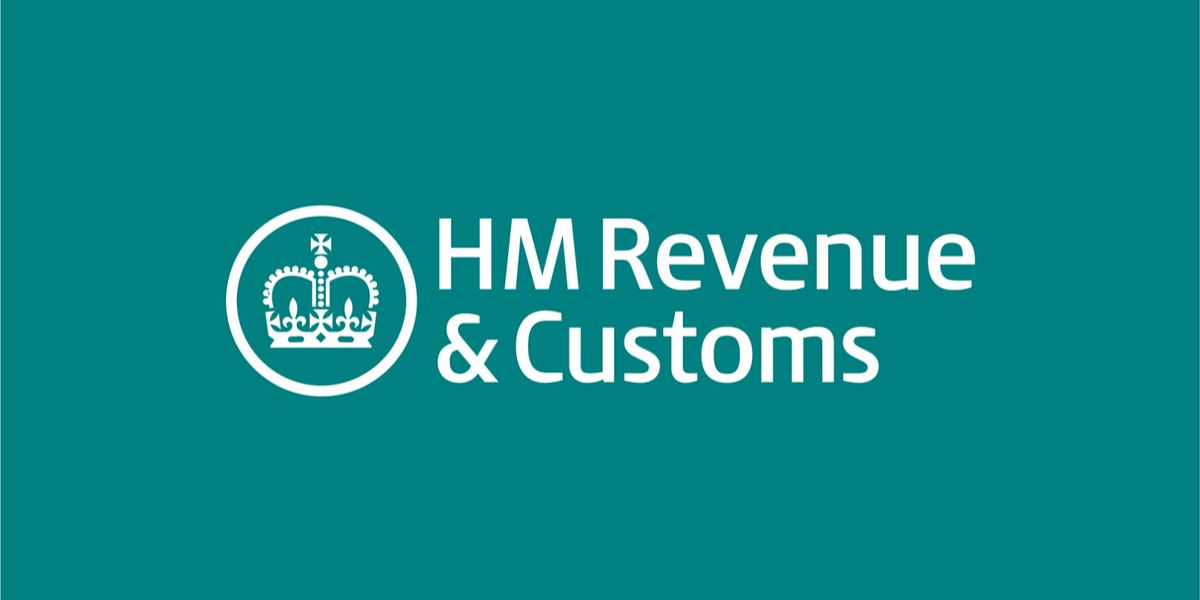The Code of Practice on Taxation for Banks was published in December 2009. This voluntary Code of Practice was a non-statutory statement of principles on bank governance, openness and attitudes to tax planning.
The larger financial institutions are uniquely placed to implement complex financial transactions for their clients owing to their international connections and access to funds. There is a general view that certain larger financial institutions have engaged in aggressive tax planning contrary to the letter or spirit of the law. The Code offered an opportunity for banks to improve their tax behavior on a voluntary basis. It applies to all financial institutions though less detail is required from smaller institutions.
Introduction of annual report
Further legislation was introduced in Finance Act 2014 requiring HMRC to publish an annual report on the operation of the code, beginning in 2015. The legislation provides that the annual report may name any bank that has not complied with its commitments under the Code and provide a full list of all banks that have, or have not, adopted the Code. Where HMRC has concerns over whether a bank has met its undertakings under the Code action will be taken to deal with the concerns.
Conclusions of first report
The first report covers the period from 5 December 2013, the date the strengthened Code provisions came into effect, to 31 March 2015. The report names 303 banks that had adopted the Code as at that date, and 6 banks that had not adopted the Code.
HMRC considers that there have been positive changes in the way banks conduct their tax affairs. Some banks who gave HMRC cause for concern before the legislation was strengthened have responded positively to the Code. HMRC considers that the Code has been an important factor in changing attitudes by banks toward tax avoidance. They report that in some cases banks have decided not to undertake certain transactions owing to the provisions of the Code.
In the case of legal action being taken against tax avoidance schemes HMRC has been encouraging banks to accept that tax avoidance arrangements are ineffective and that they should not continue to try to obtain a tax advantage from their legacy avoidance schemes. By 31 March 2015 the report notes that there was a significant reduction in the amount of tax under consideration and a reduction in the number of open cases. At 31 March 2015 there was still GBP 1 billion of tax under consideration relating to 55 legacy bank tax avoidance schemes.
The HMRC Customer Relationship Manager (CRM) or the local point of contact refers any concerns about possible non-compliance with the Code to a central Code team within HMRC. This team decides if the matter requires further investigation or onward referral. The report notes that 30 transactions were referred to the Code team during the relevant period to obtain HMRC’s view on whether the transaction was compliant with the Code. Most referrals were requested by the relevant bank although some were initiated by the CRM or the local point of contact. HMRC concluded that four of these transactions would have led to a tax result contrary to the relevant tax law. The report notes that the relevant banks all confirmed to HMRC that the transactions did not go ahead.
None of the banks that had adopted the Code by 31 March 2015 were considered to be in breach of the Code during the relevant period.
Future developments
HMRC is planning to issue revised guidance on the Code in 2016. This new guidance will include some additional material on issues such as consideration of the intentions of Parliament. HMRC will first discuss the proposed content with interested parties from industry and other organizations.
The Annual Report for the period 1 April 2015 to 31 March 2016 will be published before 31 December 2016.


















